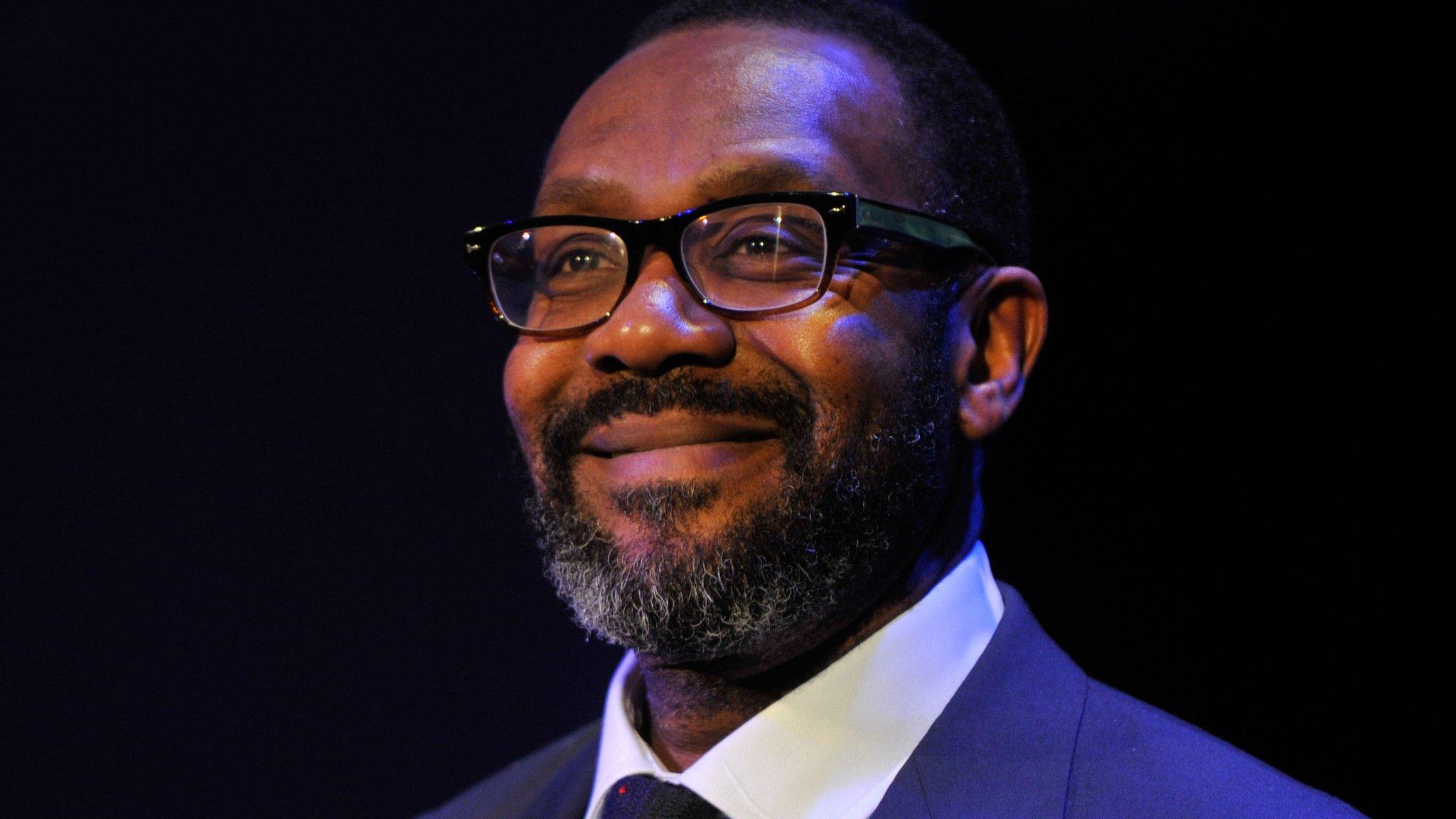Sir Lenny Henry: Comedian, campaigner... blues singer?
- Published
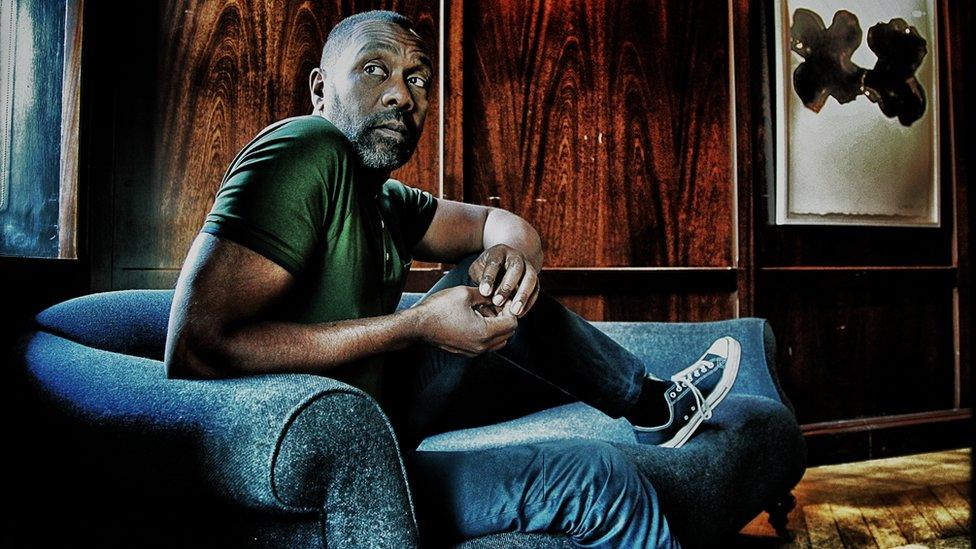
Sir Lenny Henry recently turned his talents to singing the blues - arguably a surprising move for a comedian. But, as he tells the BBC, there's more to the blues than singing about being miserable.
Sir Lenny Henry has little left to prove.
He's a successful comedian, a respected stage actor and a well-known campaigner for racial diversity in the entertainment industry.
He was knighted last year and will receive a special Bafta at this Sunday's TV awards ceremony.
So why has he decided to venture into the music industry and become a blues singer?
"Because I've been making music and singing and performing since I was 16 and I've always wanted to make an album," he explains.
"I've always loved the blues and I've grown to appreciate it more as I've got older. And I think that's what happens with the blues."
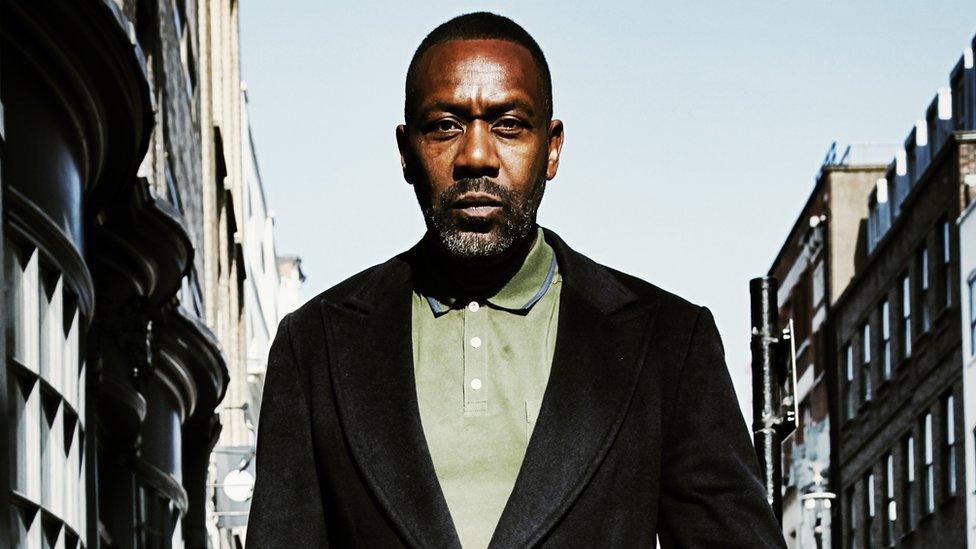
Last year, he filmed a three-part documentary for Sky Arts, called Lenny Henry's Got The Blues.
In the final episode, he was seen performing with his Blackacre Road Band - the positive reaction to which led to the album's recording.
But, considering Sir Lenny first became famous in the late 1970s, why has he waited until now to turn his attention to music?
"When we were filming the documentary, Ruby Turner described a blues song as being like a nervous breakdown in three minutes, so I think life experience lends itself to the blues.
"You get a sense of growth, who you are and where you're at."
It's a genre which hasn't ever been as big in the UK as in the US. The average British person may well be able to describe its sound and name a few famous blues artists - but not many would have it in their record collection.
"As Tom Jones said to me, the blues was seen as something of the old guard," Sir Lenny says, explaining the genre's lower record sales in Britain.
"It was too tied in with slavery and poverty and miserable stuff for a certain generation. But my experience in the 20th Century is that the blues is not just about being miserable, it's also about standing on a piano and shaking your behind.
"I wanted to go into it with the celebratory nature of it - I didn't want to go into it with the feeling of writing about the most depressing things that have ever happened to me."
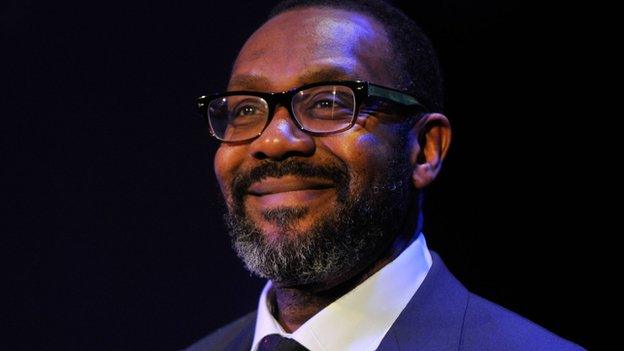
Sir Lenny will receive a special Bafta at the TV awards ceremony later this month
Noticeably, Sir Lenny sings not in his regular speaking accent, but with more of an American inflection.
"I always sing in a semi-American accent because R&B and blues lends itself to that. I think if I was a folk singer it would be different, I'd sing like Lenny Henry from Dudley.
"But because black people invented the form I don't have a problem with adopting an American accent to sing certain songs."
Diversity 'progress'
Sir Lenny has become known in recent years as a diversity campaigner, calling for proportionate representation of ethnic minorities in the entertainment industry.
In 2014, he delivered the Bafta Television lecture, where he said radical change was needed both in front of and behind the camera.
Later that same year he guest edited the Today programme, overseeing the first ever edition of the BBC Radio 4 show not to feature a single white speaker.
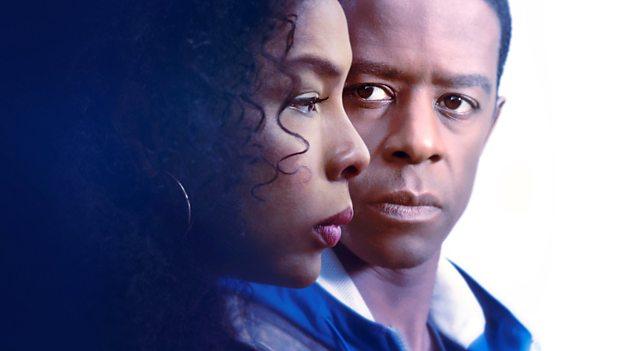
Sophie Okonedo and Adrian Lester star in BBC One's Undercover
Arguably progress has been made since Sir Lenny's 2014 speech.
Last month, police drama Undercover became the first ever BBC One drama to be broadcast which featured two non-white leads.
Sophie Okonedo and Adrian Lester appear in the series, which sees Okonedo's character on the brink of becoming the first black director of public prosecutions.
But, given the relevance of the characters' ethnicity to the storyline, it is not quite the sea change Sir Lenny was hoping for.
"You know what, it's on [TV] and it's progress. It would be churlish to criticise it because it's a black-centred storyline," he says.
"Maybe the next thing that somebody else writes will have a couple where it doesn't matter whether they're black or not.
"But in the course of this, yes, it is essential to the plot and Peter Moffat is a great writer, so on we go."
Progress may well be occurring in television, but Hollywood has also been criticised for its lack of ethnic diversity - most notably at this year's Oscars.
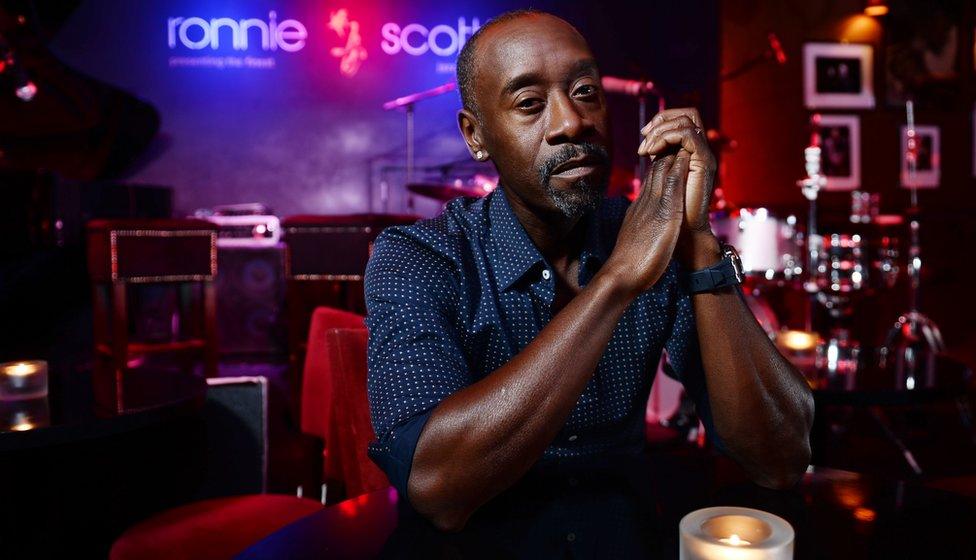
Don Cheadle says he struggled to get Miles Ahead made without the involvement of a white actor
The Academy promised to diversify its membership as a result of the "Oscars So White" controversy, but it could take some time before we see Hollywood movies with exclusively non-white lead roles.
Actor Don Cheadle recently commented it was difficult to get funding for Miles Ahead, the Miles Davis biopic he directed and starred in, without a white actor prominently involved. Ewan McGregor was eventually cast in a lead role.
"I think it's difficult to get anything with an urban storyline to be produced on a big scale, because urban by its very nature sounds like it's marginalised, not the mainstream," Sir Lenny says.
"There are some good-hearted people who will fund voices from the margins, but the general rule in movies - particularly because it's such a lot of money that they're investing - is that they want a sure bet, they want a guaranteed audience.
"So in the case of producing a Miles Davis movie, I'd say even though Miles is a cultural icon, it would be seen as a risk subject matter.
"You've got to know what the parameters are, the funds you need, and you've got to work clearly within those parameters, otherwise you're not going to get your movie made."
Sir Lenny is clearly not a fan of such parameters himself. With blues singing and beyond, he will invariably continue to break down boundaries for some time to come.
New Millennium Blues by Lenny Henry is out now.
- Published27 April 2016
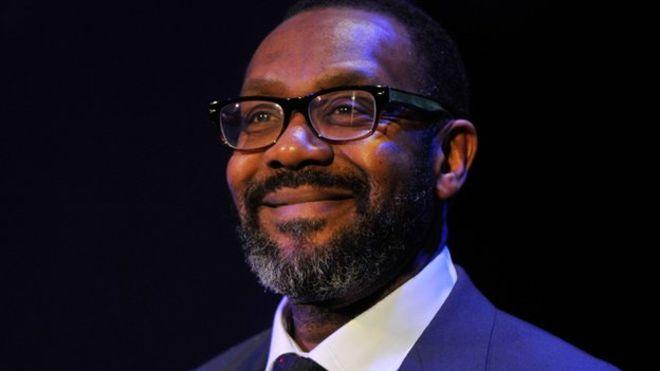
- Published11 April 2016
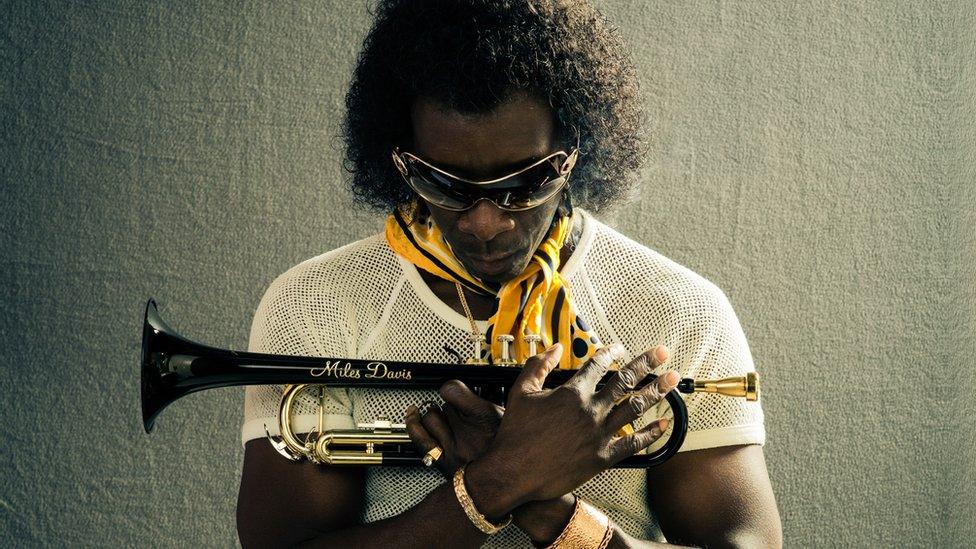
- Published9 June 2015
